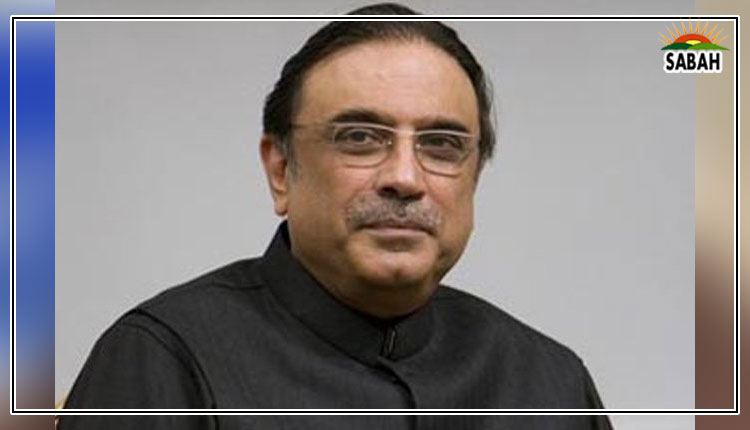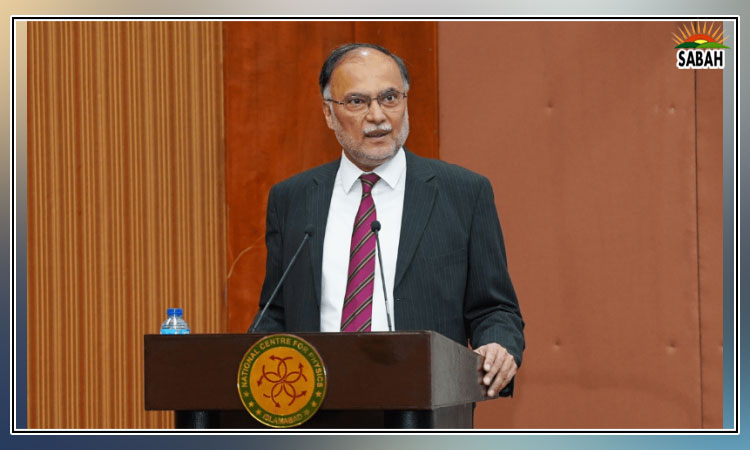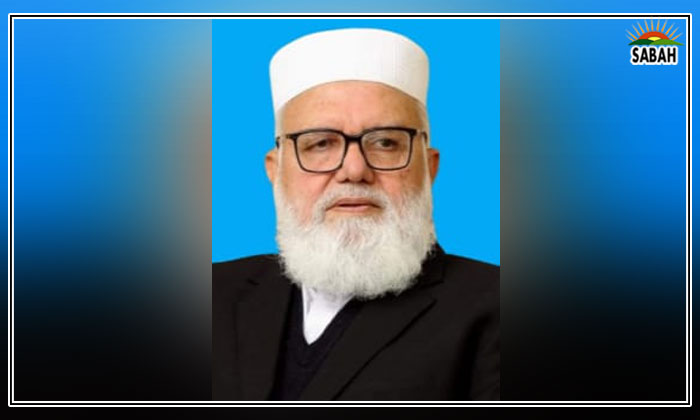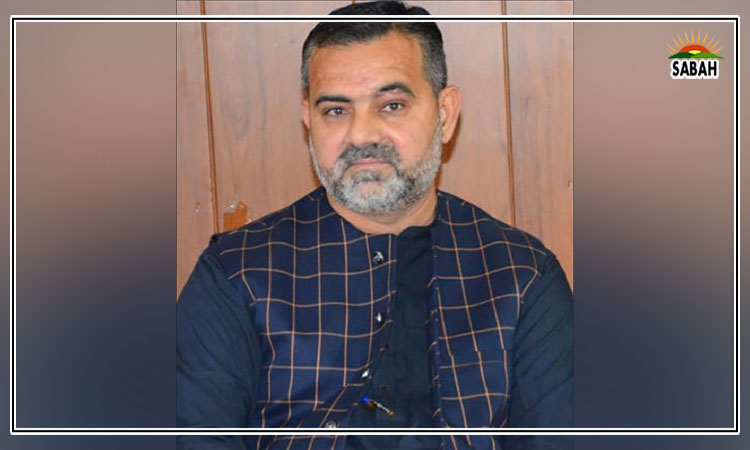Justice Isa’s legacy …. Ali Hassan Bangwar
While preparing for the Civil Service exams a few years ago, I often heard a fellow aspirant praising the now-retired Justice Qazi Faez Isa as one of Pakistan’s finest constitutionalists. Perhaps, his earlier stance on democracy, constitutionalism and civilian supremacy, as well as his opposition to civilian trials in military courts, had earned him admiration. The saying goes, “Power is the best test of a man’s true nature.” Thus when Isa became the Chief Justice during turbulent times, he was like put to test on delivering justice. He could have championed democracy and justice, ensured transparent elections, and returned power to its rightful owners – the people of Pakistan. However, he did choose to dispense despair and leave behind a woeful legacy.
Instead of upholding democratic and constitutional principles, Justice Isa prioritised powerful patrons, delivering judgments focused on technicalities over fairness. During his tenure, he closed his eyes to eroding civil liberties and gross human rights violations. Moreover, his tenure as the top judge was marked by an unprecedented tumult and division within the judiciary. The judicial division reflected his unwillingness to consider or disregard his dissenting colleagues.
Furthermore, his apathy towards the IHC Judges’ complaints about the interference of the executive in judicial matters revealed his complacency regarding those in power. Most egregiously, his role in facilitating the 26th constitutional amendment, which aimed to curtail judicial power, has fewer precedents in judicial history. Through the so-called judicial reform package, Justice Isa facilitated the surrender of judicial independence to the undemocratic forces. In the reserved seats case, his dissenting opinion demonstrated his explicit opposition to the judgment, encouraging the executive to disregard its execution.
Moreover, Justice Isa’s tenure as CJP has seen one of the most rigged elections in Pakistan’s history. He laid the groundwork for historic rigging by overturning the LHC’s order nullifying the Election Commission’s decision to appoint returning officers from civil bureaucracy. Furthermore, his contentious ruling in the cricket bat symbol case undermined transparent elections. His actions have been criticised for compromising the judiciary’s role in ensuring fair elections.
Additionally, the retired Chief Justice’s swift action on the hastily promulgated Supreme Court (Practice and Procedure) Amendment Ordinance 2024 exacerbated divisions within the already fragile judiciary. This, followed by the formation of a committee, exacerbated the judicial divide, prompting other senior judges to decline participation. Justice Muneeb Akhtar’s recusal allowed Justice Isa to handpick benches. Consequently, as Chief Justice, he swiftly nullified the defection clause from a 2022 ruling under Article 63(A) through a like-minded bench, effectively legalising political defection and horse-trading.
This defection verdict enabled the government and its backers to use the money for horse-trading and buying the loyalties of the required number of parliament members for the so-called judicial package, also known as the 26th Amendment. This notorious amendment has placed the judiciary under a parliament with questionable mandate. Moreover, it has altered the seniority principle for appointing a new Chief Justice, which goes against the very structure of the Constitution. Also, his complaisance with gross human rights violations, military courts, worsening lawlessness, dwindling civil liberties and dissent tarnished his legacy. His apathetic response to the frequent pleas for recusal by the opposition did cast doubt on his intentions.
Notwithstanding his theoretical stance and laudable initiatives like live streaming of Supreme Court proceedings, Isa failed to uphold justice, judicial independence and fundamental human rights. Also, instead of resisting the executive’s efforts to subdue the judiciary, he facilitated the surrender of judicial independence to a rigged parliament and its powerful backers.
However, there is hope that his successor will revive the judiciary’s sanctity, uphold its independence, and enforce fundamental civil rights in the country.
Courtesy Express Tribune












